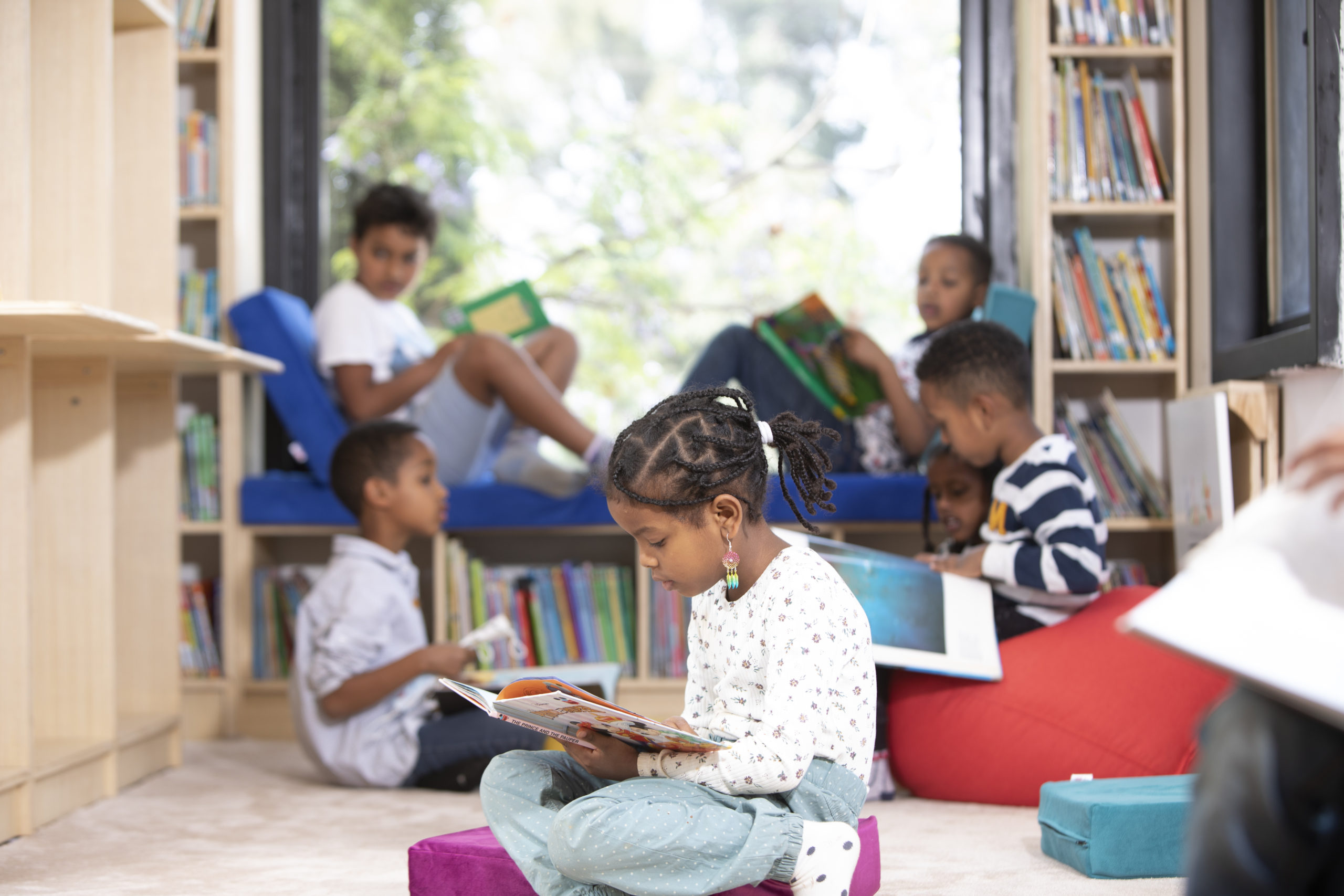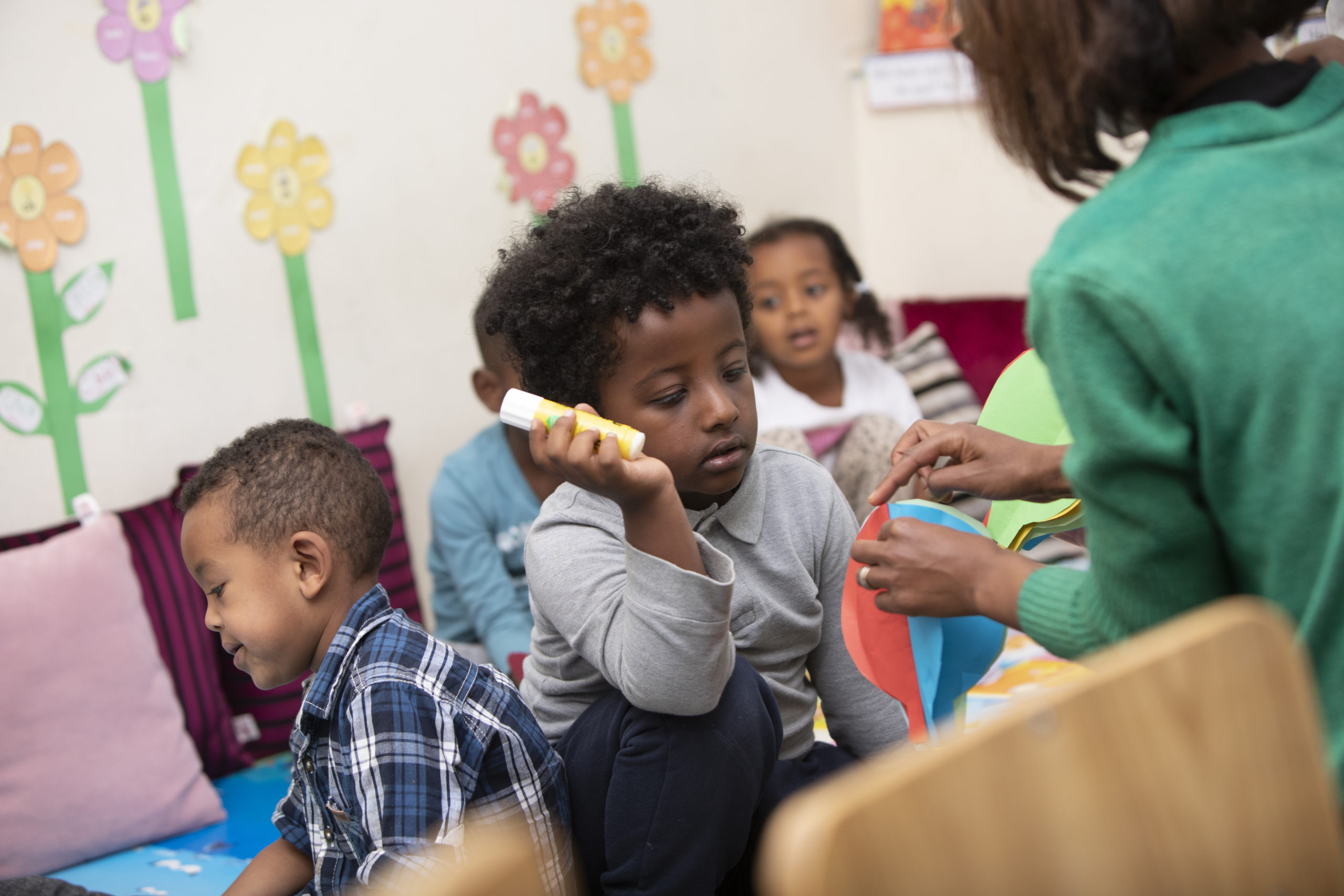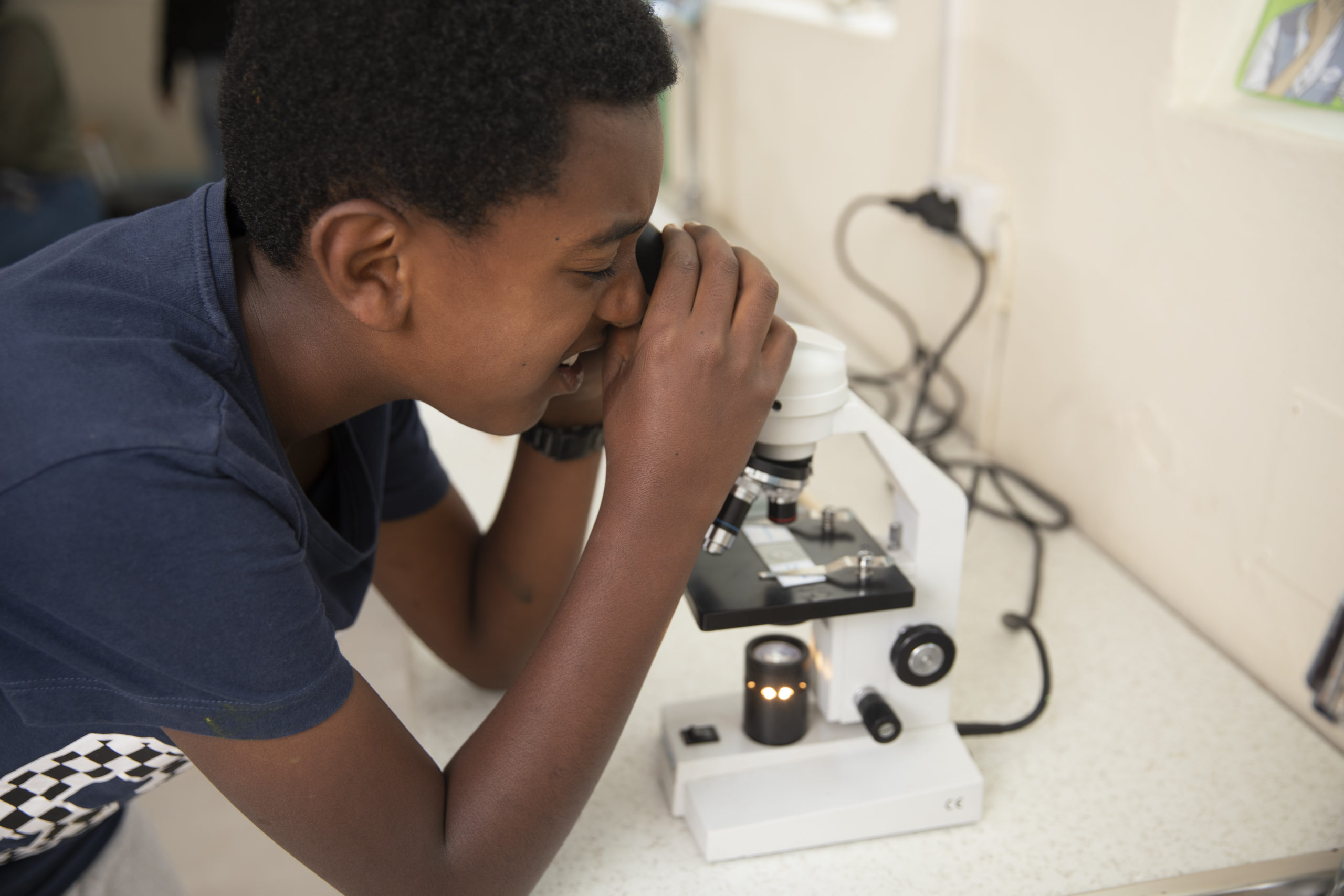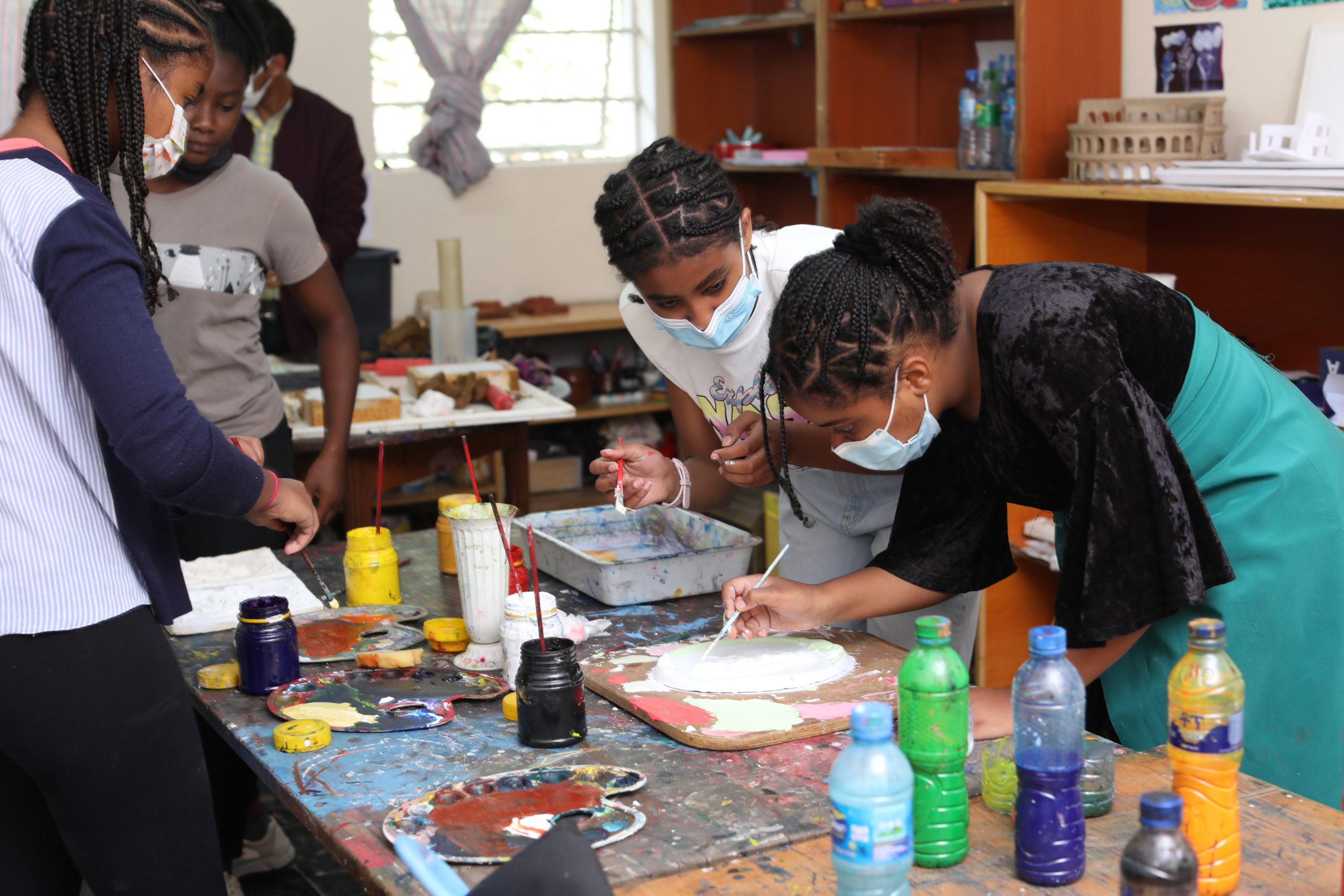CURRICULUM
Finnish Curriculum

Early Childhood
We infuse the International Early Years Curriculum (IEYC) into the Finnish Early Childhood Education and Care (ECEC) to best meet the needs of our KG students. The IEYC is a research-based curriculum recognizing global best practice in early childhood and the developmental needs of KG students. The IEYC supports key areas of learning through holistic enquiry and play-based approaches with ‘subjects’ being organized into four main strands. The four main strands are summarized below.
Learning strands
This strand focuses on developing the skills of inquiry through exploring people and the world. It will support children in understanding the similarities and differences in people, living things, the environment, and materials. Children will be encouraged to investigate, pose questions and explore ideas.
This strand focuses on developing personal, social and emotional development. The strand links to the IEYC Personal Goals and the IEYC International Dimension. This strand enables children to see themselves as unique individuals with a cultural heritage. It supports children in building positive relationships and in responding to their own and others’ feelings. It also encourages them to approach tasks with increasing confidence and independence.
This strand focuses on developing a broad range of communication skills including language development, early literacy, early mathematics, ICT and computing, expressive arts, and creativity. This Learning Strand encompasses early literacy and early mathematics. However, whilst some IEYC tasks may support the development of early reading skills, each setting can still have its own methods and policies for teaching reading. At Kelem have introduced the phonics scheme called Letters and Sounds which is a world-renowned scheme used to teach early reading skills in a fun and play-based manner.
This strand focuses on developing a positive attitude to health, self-care, and physical activity. Children will know about the importance of healthy eating and physical activity. They will learn how to take care of basic hygiene and personal needs. They will understand how to keep themselves safe. They will demonstrate control, coordination, and increasing confidence in a range of physical activities. This strand covers child development and the importance of nurturing wellbeing in children. The Finnish Core Curriculum for ECEC is based on learning according to how children develop and learn in interaction with other people and the immediate environment. The conception of learning is also based on a view of the child’s active agency. Children are naturally curious and wish to learn new things and revise and repeat what they have learned. Learning is holistic and occurs everywhere. It combines knowledge, skills, actions, emotions, sensory perceptions, bodily experiences, language, and thinking. Learning occurs when children observe and examine their surroundings and they imitate the actions of others.

Grade 1 – 4
Learning strands
Immersing students in language and promoting the joy and value of reading are hallmarks of our English Language Arts program. The program emphasizes skills development in reading literature and informational texts, writing narratives, opinion and informational pieces, knowing and using English language conventions and vocabulary, and listening and speaking. A variety of classroom structures and instructional approaches are used to develop these skills including guided reading sessions, phonics, small group instruction, and one-to-one coaching. English language arts, science, and social studies are integrated (wherever possible) to provide connections and optimize understanding. Journeys and Collections are the resources we employ to teach English Language Arts.
Exploration and application of science concepts and processes using hands-on materials and investigations are the emphases of science. Life science, Earth and space sciences, and physical science are all integrated throughout the years and have a STEM element. The resource we implement, Science Fusion, is a well-versed resource for active learning.
Within an international and host-country, Ethiopia context, students in social studies engage in learning about culture and geography, change, and government and economics. Learning is built upon the Oxford International Curriculum for history and geography which has been developed for international schools in conjunction with the ethics and religion aspects of the Finnish curriculum.
Beginning in Grade 1, Kelem offers instruction in French and Amharic designed for students learning both an additional language who do not have native fluency in the language and also for those students who are native speakers. Instructional emphasis is on speaking, listening, reading, and writing, and learning about the culture of the target language via these skills. Kelem believes that learning an additional language is integral to the development of internationally-minded students who are confident, reflective, and multilingual communicators. Language development in more than one language advances cognitive growth, cultivates lifelong learning, and promotes cross-cultural communication, and is a bedrock of the Finnish curriculum.
The purpose of music education is to provide an avenue for creative expression, to nurture aesthetic awareness, to foster a lifelong appreciation and enjoyment of music, and to develop the important life skills that come with the discipline and practice involved in improving and gaining musical aptitude. In music classes, students develop the building blocks of music literacy and learn a repertoire of music through singing, playing instruments, dancing, listening, and performing
The visual arts program promotes the exploration of a wide range of creative processes involving visual art techniques, language, and principles to build confidence and skills in students. Describing, evaluating, and reflecting upon artworks allow students to make art connections to themselves, to other subject areas, and to the world.

Grade 5 – 8
Learning strands
Grades 5-8 math learning assumes a balanced approach where students gain a deeper understanding of math concepts by learning a concise set of topics at each grade level. Students master content through reasoning and discourse, engaging activities, stimulating exercises, and continual building on what has been previously learned. We use a balance of conceptual understanding with procedural fluency, as students benefit from equal exposure to both discovery learning and direct instruction.
Science takes an integrated approach where each year group learns within the realm of each of the sciences: Life, Physical, and Earth, and Space. They explore and apply a sequence of science content, processes, and skills using hands-on materials and investigations alongside science content so students can use their understanding to investigate the natural world through the practices of science inquiry or solve meaningful problems. Writing and research skills specific to science are also emphasized in the program.
Kelem offers instruction in French and Amharic designed for students who are learning an additional language who do not have native fluency in the language and also students who are native language speakers. Instructional emphasis is on speaking, listening, reading, and writing, and learning about the culture of the target language via these skills. We believe that learning an additional language is integral to the development of internationally-minded students who are confident, reflective, and multilingual communicators. Language development in more than one language advances cognitive growth, cultivates lifelong learning, and promotes cross-cultural communication.
The physical education program seeks to develop a positive attitude among students regarding fitness, health, teamwork, and the understanding of the importance of physical well-being. In order to achieve these general objectives, a diversified instructional program is offered to include a variety of team and individual activities so that all students have access to the core PE curriculum. Students are encouraged to be part of the schools’ team and to participate in competitions with other schools.
Students apply artistic skills based on design principles and the media of drawing, painting, and ceramics. The creation of art provides the context for students to critically analyze art and reflect upon their own artwork as a form of self-expression. Students also learn how history and culture have influenced art by comparing and contrasting artworks from different cultures and historical periods.

